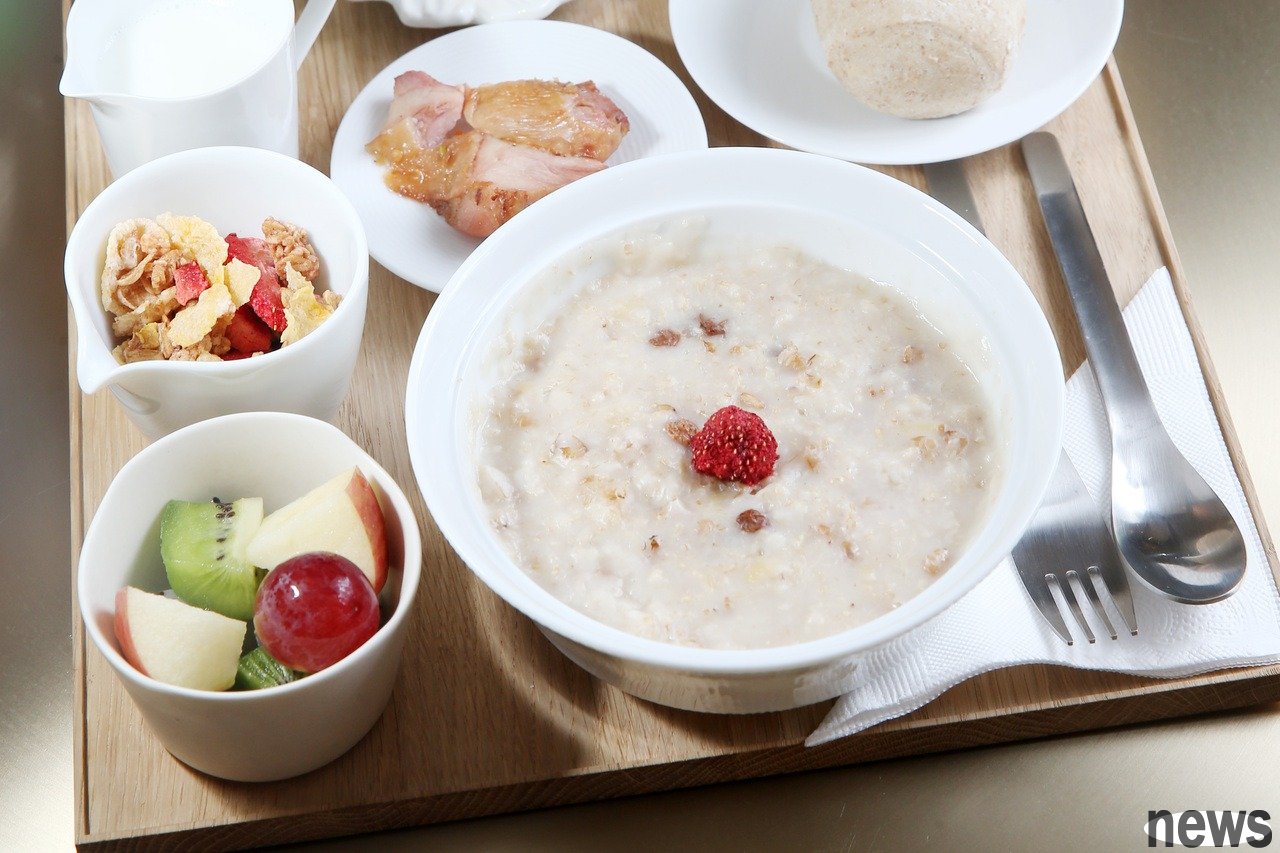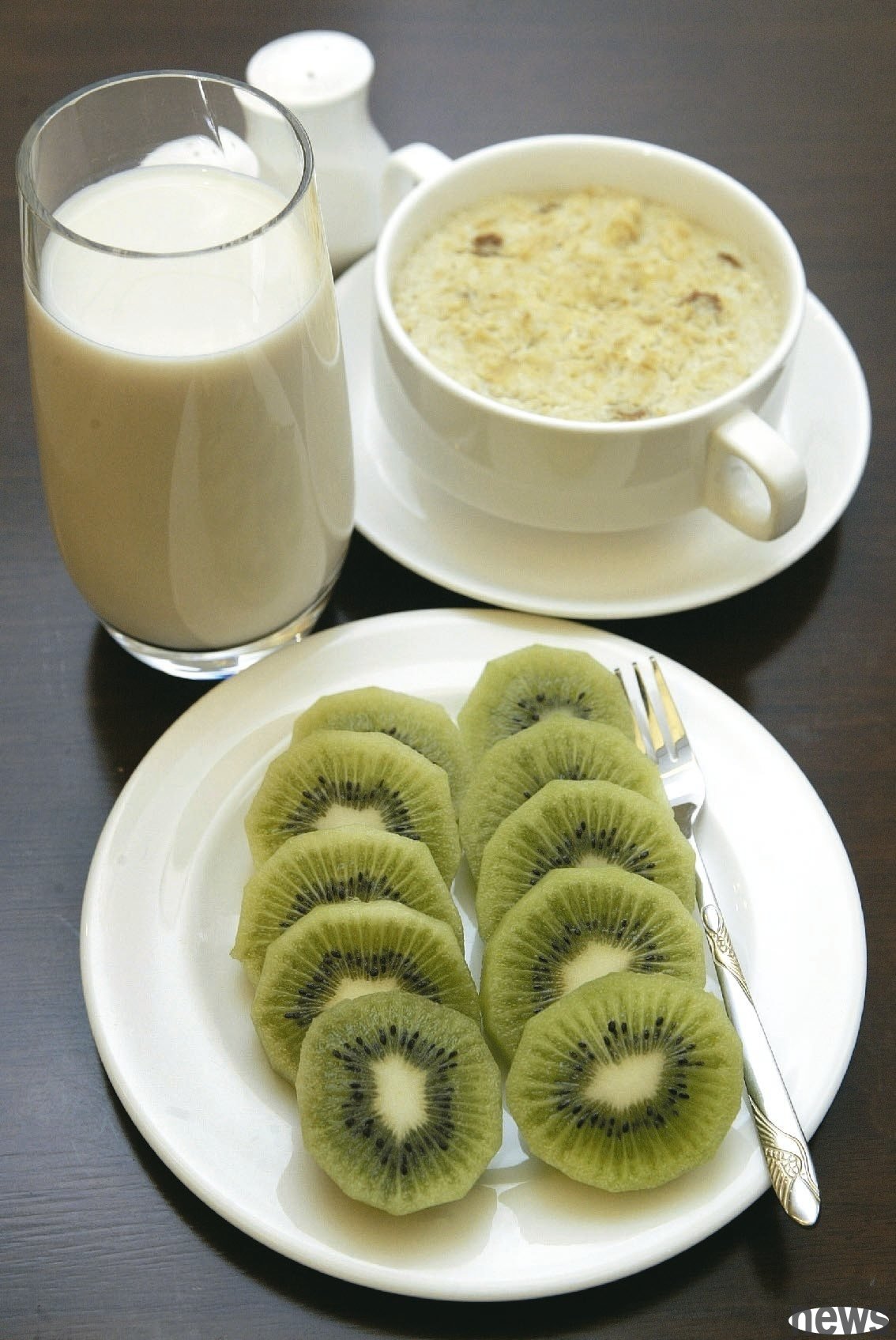The British government recently included "oatmeal" in a list of junk food advertising bans, causing widespread backlash from the public and nutrition experts. Oatmeal has long been regarded as a representative of healthy breakfast, but now...

The British government recently included "oatmeal" in a list of junk food advertising bans, causing widespread backlash from the public and nutrition experts. Oatmeal has long been regarded as a representative of healthy breakfast, but now it is officially classified as an "unhealthy food". "Women 's Health" compiled expert opinions to explore whether oatmeal is really "unhealthy" as the government says.
In December last year, the British government announced a list of foods included in the junk food advertising ban, which will officially take effect in January 2026. The list includes "oatmeal" (covering instant oats and other hot oatmeal cereals), which is classified as "breakfast cereals" and also applies to granola, assorted cereals and ready-to-eat cereals.
{9 99}The British government's reason is that according to the official nutritional scoring system, which evaluates the salt, fat, sugar and protein content of food, the results show that oatmeal is a "less healthy" food. The government website notes that oatmeal joins waffles, potato chips and chocolate-covered foods in "the food and drink categories of greatest concern regarding childhood obesity."
Not surprisingly, most people in the UK do not agree with this classification. According to a YouGov survey, only 2% of respondents believed that oatmeal should be classified as a "junk food".
Is oatmeal healthy?Experts generally believe that oatmeal itself is still a healthy food. Dr. Federica Amati, chief nutritionist of ZOE, a personalized nutrition company, pointed out: "Whole grains are good for the body, and oats are no exception."
According to the latest research review in the journal "Foods", scholars bluntly said: "Oats are one of the most potential functional foods and will have wide application opportunities in the future." Research shows that oats are beneficial to cardiovascular health, skin diseases, inflammation and type 2 diabetes.
Integrative nutritionist Hannah Trueman agrees. She specializes in the fields of nervous system regulation, intestinal health and female hormones. She said: "Oats contain β-polydextrose fiber, which helps lower cholesterol and promote intestinal health; it also contains protein, as well as micronutrients such as manganese, phosphorus, magnesium and vitamin B complex."
She added: "Oats help maintain the balance of intestinal flora, promote regular bowel movements, and even have a mood-boosting effect, which is due to its blood sugar stabilization and special anti-inflammatory properties. It is related to the oxidative substance oat alkaloids (avenanthramides). "
Chuman reminds that eating oats alone may cause blood sugar to rise, "which is more detrimental to people with diabetes, insulin resistance, polycystic ovary syndrome, or weight management difficulties." However, if it is combined with protein and healthy fats, such as Greek yogurt, protein powder, nuts, seeds, nut butter or eggs, it can balance the blood sugar response, prolong the feeling of fullness, and make oatmeal more nutritious.

Dr. Amati pointed out that steel-cut oats are an excellent high-fiber warm-up breakfast. "Although rolled oats are still nutritious, the fiber has been reduced after processing, and the glycemic index (GI) is higher, which is more likely to affect blood sugar."
Truman also agreed: "Oats themselves are not a 'bad food', the problem mostly lies in the additives." Those oat products that contain a lot of syrups, spices, chocolate or ultra-processed additives are "more like desserts than a balanced breakfast" and may indeed be included in the government's advertising ban list.
But she also warned that such bans may also lead to "accidental injury to innocent food." She said: "Not all oatmeal is the same, and we should pay attention to the additives; when oatmeal is combined with protein, healthy fats and fiber, it should not be classified as an 'unhealthy' food."
Truman believes that as long as the details can be discerned, the ban may not be entirely harmful. “Anything that can reduce exposure to refined sugars and processed foods is a good thing, especially for children and teenagers who are developing eating habits.”
Why are oats good for health?Nutritionist Tina Lond-Caulk said: "The fiber of oats can increase satiety and help control appetite and weight. It has a low glycemic index and will not cause drastic fluctuations in blood sugar, making it an ideal choice for maintaining stable energy."
Cauman added: "If paired with protein and healthy fats, oats can provide stable energy and reduce cravings. , Promote intestinal health and satiety." But she also reminded that "portion size is as important as ingredients—— oatmeal with protein and berries has completely different metabolic results than the version with syrup, dried fruits, and chocolate."
Like most foods, "moderate amount" is the key. In a balanced diet, oatmeal is definitely a healthy food. However, if you want to change the taste, Chuman suggests: "You can try quinoa, quinoa flakes, steel-cut oats or brown rice as a substitute."